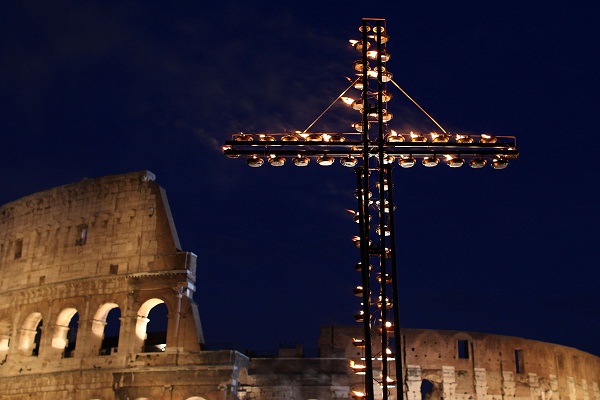Francis Quarles, An emblem on books
‘The world’s a book, writ by the eternal art
Of the great Maker, printed in man’s heart;
‘Tis falsely printed, though divinely penned,
And all the erratas will appear at the end.’
I like this witty little poem. The idea is simple – just as books have their printing errors listed on the last page, we’ll have all our sins listed to us at the Last Judgement. As a joke, it says a lot about the way seventeenth-century people thought about human nature. Today, I think, the whole Last Judgement thing is a bit off-putting to most people. No-one likes to be told they’re sinful. Except that four hundred year ago it seems they did. Couldn’t get enough of it, in fact.
In the sixteenth and seventeenth centuries theology was, like politics today, something about which everybody had an opinion. Most English people couldn’t stand the pope, and most believed (well into the seventeenth century) in some version of Calvinism. That is to say, they followed the arguments of the French protestant theologian Jean Calvin, who argued that nothing human beings could ever do would make them worthy of eternal life and that God had chosen some people to be saved simply out of his own mysterious goodness. Being amongst this happy number is what’s known as ‘election’.
So Elizabethan and Stuart religion was all about the utterly corrupt state of human nature. And people lapped it up. They travelled from church to church to listen to preachers who would tell them what depraved sinners they all were. Why did this seem so appealing to them? Well one answer must be the doctrine of election. In a rather unattractive way, people liked to hear that they were going to Heaven and that everyone else was going to Hell. But I think there’s a more humane side to our ancestors’ obsession with sin, and that was their determination to find a way of coping with the fact that no-one will ever be perfect.
Let’s go back to books for a minute. Francis Quarles came up with his little joke because, at that time, people were used to reading books which were stuffed with printing-errors. And the people who made books didn’t try to pretend otherwise. Authors and printers wrote addresses to their readers in which they blamed everything from the writer’s handwriting to the laziness of the men in the printing shop for the mistakes, and asked readers to forgive them. Then they’d ask them to go through the book with a pen putting all those errors right. They were, in effect, telling their customers that they were selling them a hopelessly faulty product and that, if they wanted it mended, they’d have to do it themselves. How different to today! It’s hard to imagine, for example, getting a new phone and being told by the manufacturer that the whole thing was a cheaply assembled bundle of mistakes which probably won’t work properly. ‘But sorry!’
Nowadays people who sell us stuff have to pretend it’s perfect. We have no easy way of acknowledging that something like a book is a fantastically complicated object, made by many people working together, all of whom are liable to make mistakes. Everything is meant to work, everyone is meant to succeed; we’re all meant to be better off this year than we were twelve months ago. Obviously we come face to face with the fact, every day, that this isn’t what it’s like when human beings live together. We get it wrong all the time and nothing really goes to plan.
Just what our Calvinist ancestors thought! I don’t know how much their faith really helped them to live together (England in 1600 was a brutal place full of intolerance), but I can see the value of trying to accept our limitations as poor, struggling creatures. When I think of all the things I’ve messed up just in the last six months, I do yearn for something like Francis Quarles’ accepting take on being human.
‘Listen’, he seems to say to me, ‘you like my book? Good, but it’s full of mistakes, you know. Well so are we all – and if you can still enjoy my little emblems, maybe we can all get along together as we are. Because we are, after all, divinely penned’.
Indeed. If only people were as forgiving of each other as they are of their favourite novel.






Comments